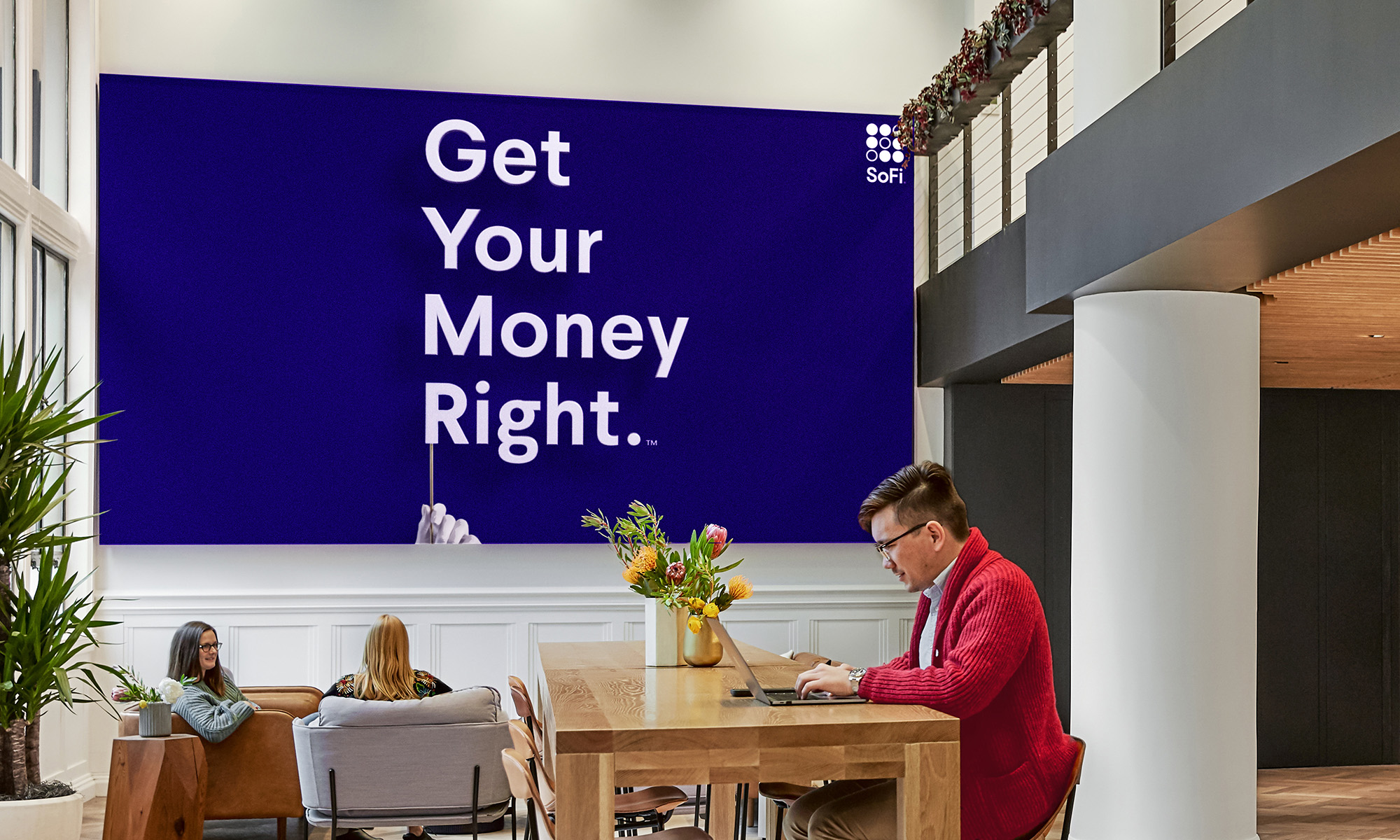In the realm of economics, there are plenty of terms that might confuse the layperson, but most of us probably know what the word "money" means. "Cryptocurrency," by contrast, can be baffling. It's money, but not government-backed money? It gets mined almost magically by a process that does nothing else of value? How does that work?
Given the level of investor interest in cryptocurrencies, for this episode of Motley Fool Answers, Alison Southwick and Robert Brokamp brought in Motley Fool analyst Aaron Bush to give their listeners the lowdown. In this segment, they consider one of the most fundamental questions about this peculiar asset: What gives bitcoin its value?
A full transcript follows the video.
This video was recorded on Nov. 21, 2017.
Alison Southwick: I feel like proponents tend to brush off the concern about it, but where does the value come from? Because they'll be like, "Well, for any currency we agree that a dollar is worth a dollar." But then I'm like, "No, but then so does the most powerful government in the world." They also agree that the dollar is worth a dollar. Let's move into the value. How is the value of bitcoin even determined?
Aaron Bush: I think bitcoin is, in some ways, its own case study. It's not representative of all cryptocurrencies. Bitcoin originally was just a peer-to-peer payment platform, but increasingly it's becoming the reserve currency for all other cryptocurrencies, and that means it's also becoming a store of value. And when something becomes a store of value [like gold], the most important metric is the number of believers.
To what extent all this news that happens -- all these changes are made to the code -- all that matters is how it affects the number of believers and the number of believers essentially determines the market value. I would say there is very little, fundamental real value in the bitcoin network beyond just what people say it is.
That's just bitcoin, but for other cryptocurrencies, part of why this movement is so fascinating is because this is money built into the internet and that money represents real utility of some type. Those tokens have value because you can trade them in for some work in an application that's running on whatever blockchain network.
All these different cryptocurrencies have their own applications and have their own use cases, and so the extent to which those networks grow in value and demand for those applications grows, that determines the value of the network and the value of each individual token.
Southwick: That's the first time you've used the word "token." Can you talk about that a little bit more? Sorry. Are we getting [too far into the weeds]?
Bush: No, this is fine.
Southwick: I know it's fine for you. I know you're good talking about it. I wish some of my listeners could yell back and be like, "Yes. We're good. We're keeping up."
Bush: I'll do my best. Bitcoin with a capital B, I would say that is the cryptocurrency. Bitcoin with a lower-case B would be the token. The cryptocurrency is the platform as a whole, and the tokens are just pieces of it. The U.S. dollar is the platform, but each dollar [or coin] would be a token. I think that's a good analogy.
Southwick: I got that. That's not so bad. I'm good. I got it.





